German chancellor candidate and AfD party leader Alice Weidel promises to restart the Nord Stream gas pipeline connecting Russia to Germany if elected
The statement by Alice Weidel, leader of the far-right Alternative for Germany (AfD) party and a candidate for chancellor, promising to restart the Nord Stream gas pipeline connecting Russia to Germany if elected, has sparked significant debate in the context of the ongoing geopolitical and energy challenges in Europe. Whether one agrees or disagrees with this stance depends on a variety of perspectives, including economic interests, energy security, environmental concerns, and broader political dynamics.
Economic and Energy Security Considerations
From an economic and energy security perspective, Weidel’s proposal to restart the Nord Stream pipeline could have potential benefits. The pipeline was previously a critical route for Russian natural gas into Europe, particularly Germany. Prior to its suspension, Nord Stream supplied about 30% of the gas Germany imported from Russia, which played a central role in stabilizing energy prices and meeting demand. Given the current energy crisis triggered by the war in Ukraine, particularly the disruption of gas supplies from Russia, some European countries—including Germany—have been looking for alternative energy sources, while also grappling with soaring energy prices and inflation.
Reopening Nord Stream could, in theory, help Germany restore a more affordable and stable supply of natural gas, mitigating the economic pressures felt by both consumers and industries. For a country like Germany, which is heavily reliant on energy imports, ensuring a reliable and affordable energy supply is vital to sustaining its industrial economy.
However, this perspective needs to be balanced against the broader political landscape. Restarting the pipeline would likely be seen as a signal of weakness in European solidarity, particularly against Russia’s actions in Ukraine. Germany, along with many other European countries, has been part of a coordinated effort to reduce dependence on Russian energy following Russia’s invasion of Ukraine. Reviving Nord Stream could be perceived as undermining European unity and could send the wrong message about Europe’s resolve to sanction Russia for its aggression.
Geopolitical Implications
Geopolitically, Weidel’s proposal could strain Germany’s relationships with its European partners and NATO allies. Countries in Eastern Europe, particularly the Baltic states and Poland, have been vocal critics of any reliance on Russian energy, seeing it as a form of economic leverage that Russia has historically used to influence European politics. Restarting the pipeline could further sour these relationships, as it might signal a reluctance to fully disengage from Russia, even in the face of its ongoing war in Ukraine.
Furthermore, Russia’s invasion of Ukraine has led to a fundamental shift in the European security architecture. The EU and NATO have imposed sanctions on Russia, targeting key sectors such as energy, defense, and finance. Reviving the Nord Stream pipeline could be seen as contrary to the sanctions regime and could damage Europe’s collective stance against Russia’s military aggression.
The decision would also likely have diplomatic consequences for Germany’s standing in the EU. It could create a rift between Germany and other European countries, particularly those that are more hawkish on Russia and are eager to diversify energy sources away from Moscow.
Environmental and Climate Concerns
Another important factor to consider is the environmental impact of restarting the Nord Stream pipeline. Europe has been working toward a greener future, with many nations investing heavily in renewable energy, such as wind, solar, and hydrogen. Restarting Nord Stream would perpetuate Europe’s reliance on fossil fuels, at odds with the EU’s long-term goal of achieving carbon neutrality by 2050.
Critics argue that the focus should be on accelerating the transition to renewable energy sources rather than reinvesting in pipelines that could lock Europe into further fossil fuel dependency. Restarting Nord Stream would undermine efforts to combat climate change and could also hinder the development of alternative, cleaner energy sources.
Germany, as a leading member of the EU, has also committed to ambitious climate goals, including phasing out coal and reducing reliance on natural gas. Renewing its ties with Russian gas imports through Nord Stream would likely be seen as a step backward in these commitments, making it more challenging to meet emissions targets.
Public Opinion and Political Dynamics in Germany
Weidel’s position represents the AfD’s populist and anti-establishment stance. The AfD has often criticized Germany’s energy policies, arguing that the country’s reliance on renewables has led to rising energy costs and economic instability. For many of their supporters, the idea of restarting Nord Stream could be appealing, as it would promise a return to relatively cheap Russian gas, which would ease economic burdens for businesses and households alike.
However, the broader German public has a more complex view. While some are frustrated with the rising energy costs and see the AfD’s solution as a potential remedy, others strongly oppose any moves that could be seen as appeasing Russia, especially in light of the ongoing war in Ukraine. Public opinion is likely to remain divided, with many supporting the government’s current path of diversifying energy sources and reducing dependence on Russian energy.
Conclusion: A Complex Decision
In conclusion, agreeing with Alice Weidel’s proposal to restart the Nord Stream pipeline involves weighing several competing interests. On the one hand, the economic argument for ensuring energy security and affordability is valid, particularly in the context of the energy crisis that has resulted from the war in Ukraine. Restarting the pipeline could provide Germany with a more stable energy supply at lower costs, which would benefit businesses and consumers.
On the other hand, the geopolitical, environmental, and long-term strategic considerations suggest that reopening the pipeline could undermine European unity and the EU’s collective efforts to support Ukraine and reduce dependence on Russian energy. It could also conflict with Europe’s broader climate goals and long-term energy transition strategies.
Ultimately, whether one agrees with Weidel’s proposal depends on which of these factors is deemed more critical. From a geopolitical and environmental standpoint, restarting Nord Stream would be highly controversial, potentially damaging Germany’s relationships with its European partners and conflicting with its climate commitments. However, from an economic standpoint, particularly with regards to energy security and cost, it may seem like a pragmatic solution to the immediate challenges posed by the war in Ukraine.
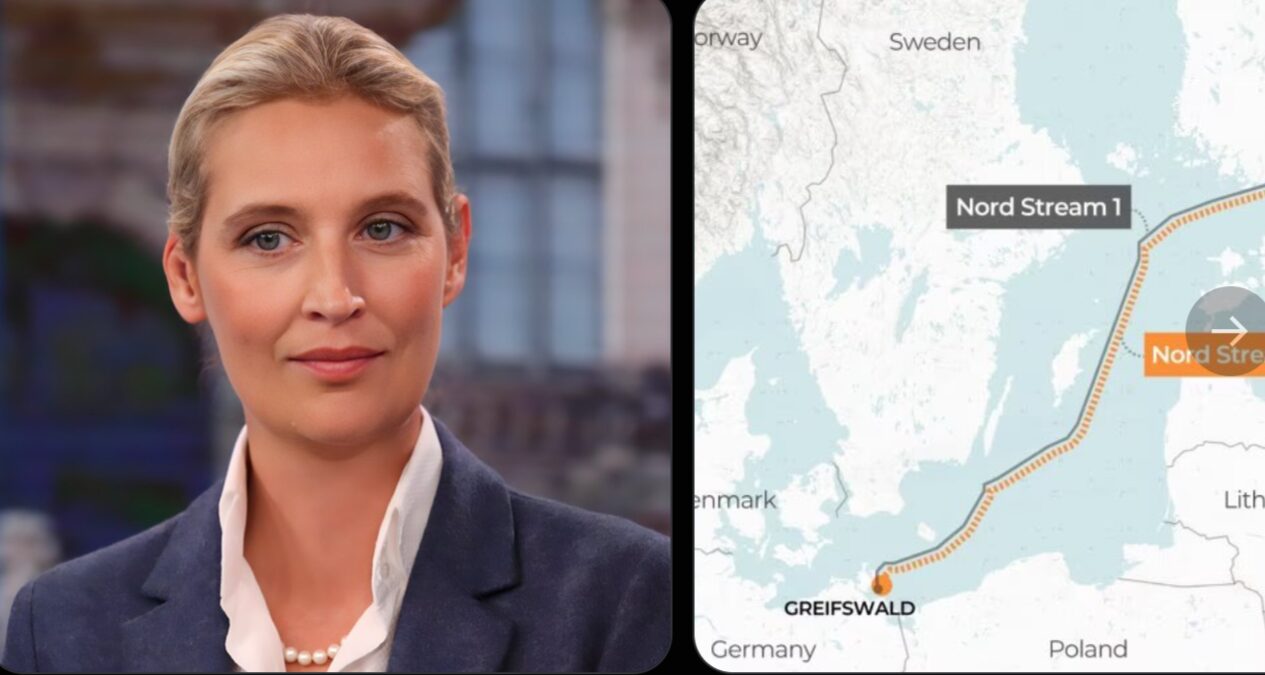
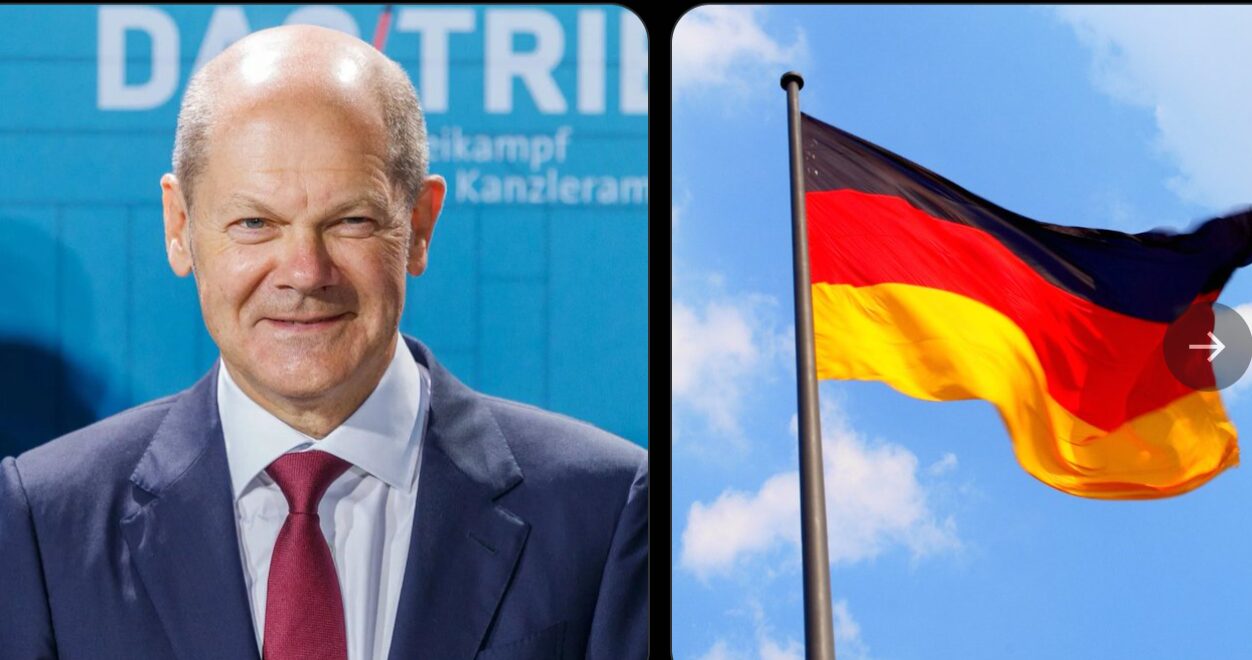


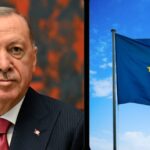

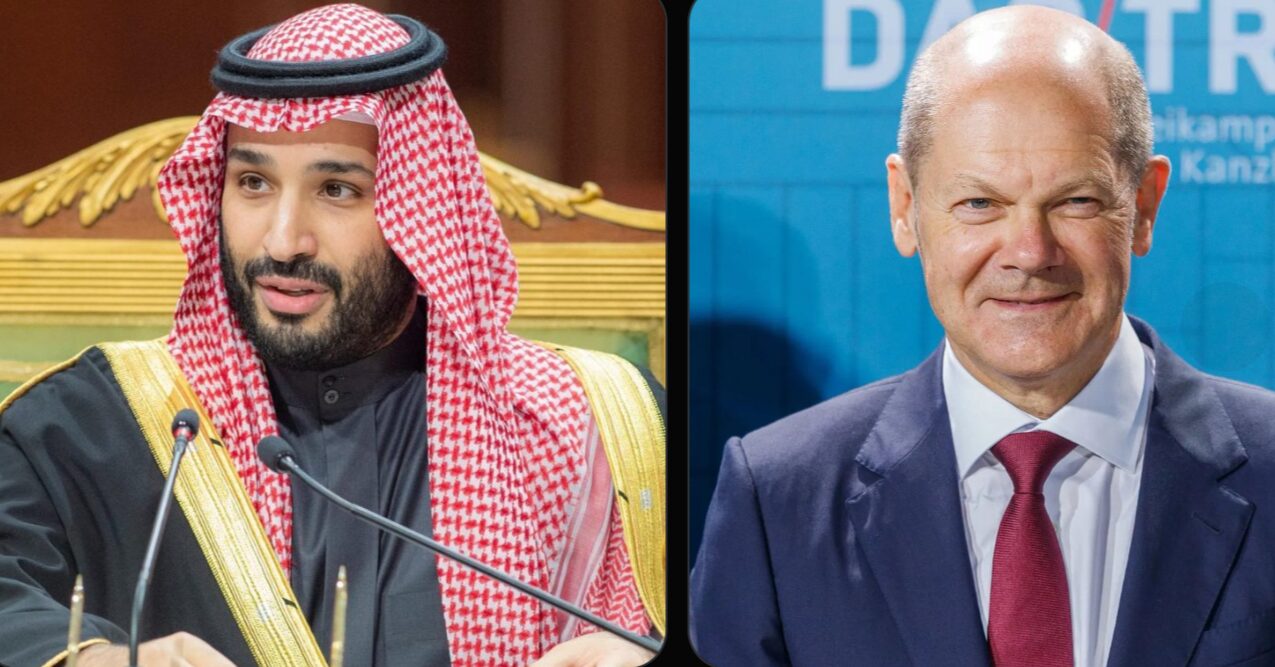

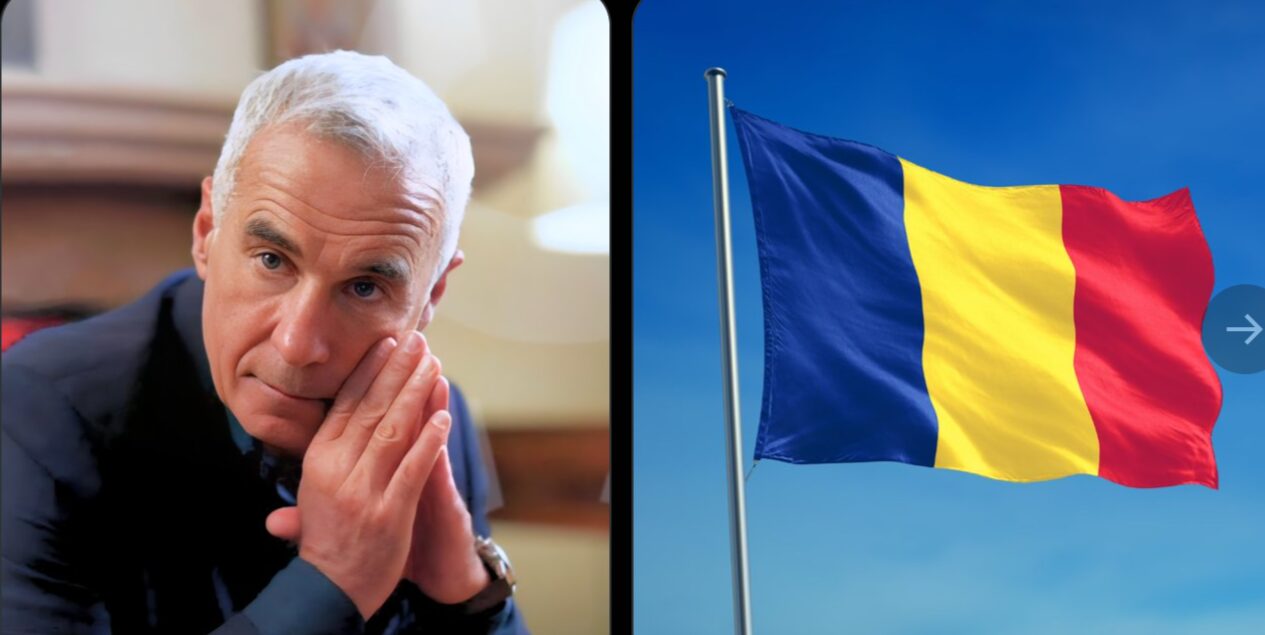








Post Comment